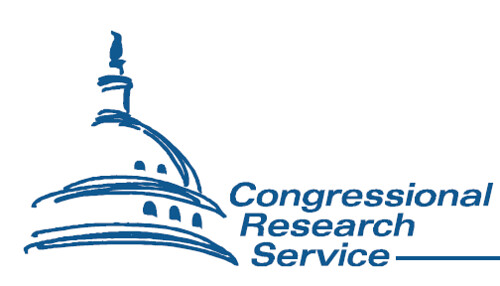
PREV ARTICLE
FULL ISSUE
PREV FULL ISSUE
FEATURED WEB PAGE: CONGRESSIONAL GOLD MEDALS, 1776-2010This week's Featured Web Page is a report by Matthew Eric Glassman on Congressional Gold Medals, 1776-2010.The Continental Congress had not yet proclaimed its independence from Great Britain when, on March 25, 1776, George Washington, commander of the Continental Army, was tendered the first Congressional Gold Medal for his "wise and spirited conduct" in bringing about British evacuation of Boston. s During the next 12 years, the Continental Congress authorized an additional six gold medals for Revolutionary military and naval leaders. In 1777, Major General Horatio Gates was recognized for his "brave and successful efforts" in bringing about the surrender of the British Army at Saratoga. Two years later, a similar honor was bestowed upon Major General Anthony Wayne in 1779 for his courageous assault on the British at Stony Point, NY. A gold medal was also given to Major Henry Lee in commemoration of the skill and bravery he exhibited against the British at Paulus Hook, NJ. Brigadier General Daniel Morgan and Major General Nathaniel Greene were praised for their gallant efforts in South Carolina during 1781. Six years later, John Paul Jones was similarly honored for his "valor and brilliant services" in capturing the Serapis.

www.senate.gov/CRSReports/crs-publish.cfm?
|
